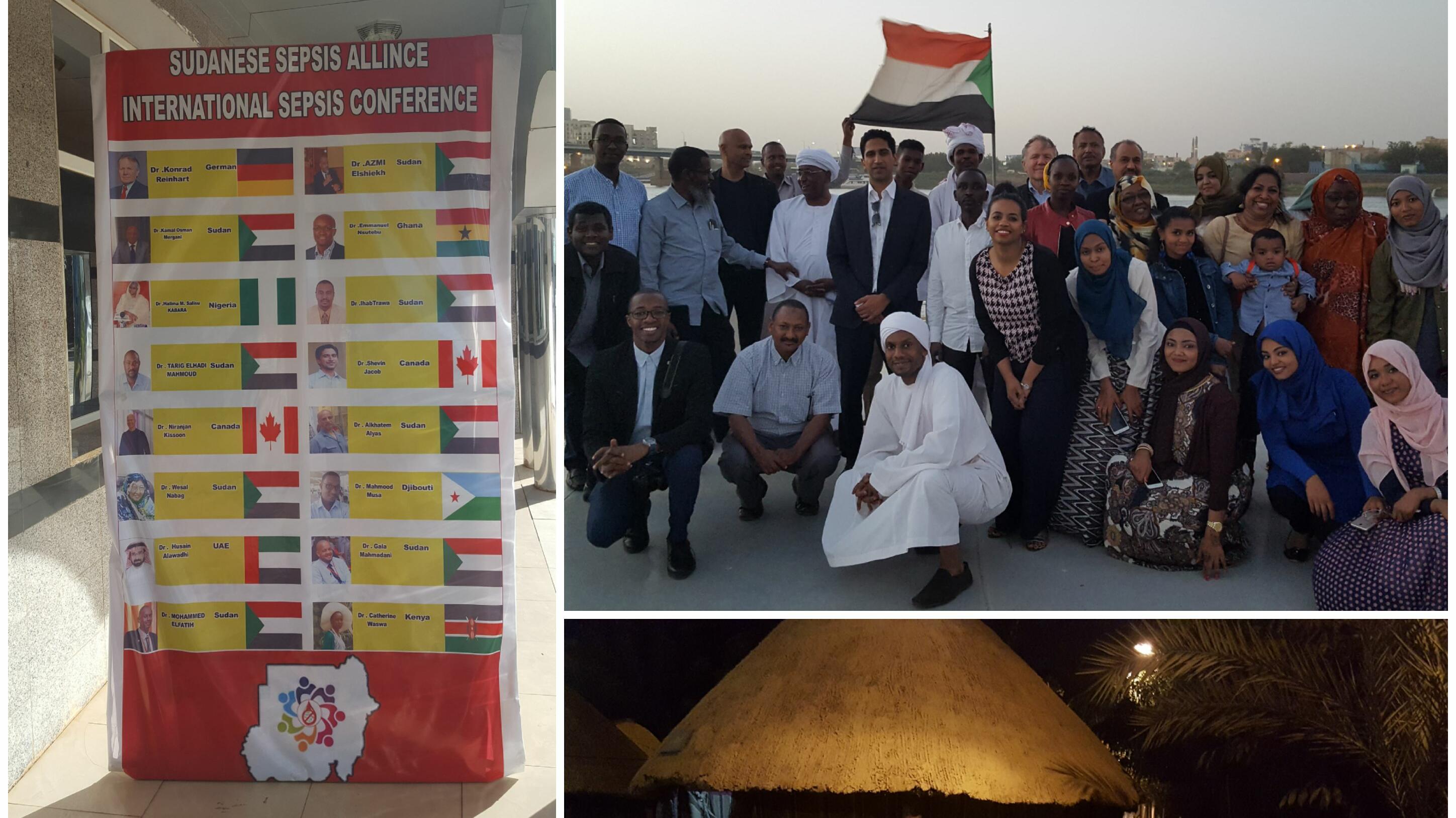
Since 2006, Dr Shevin Jacob’s research has been focused on improving our understanding of sepsis predominantly in non-pregnant adults hospitalized in resource-constrained settings, primarily Uganda. His first study was an observational study to investigate the aetiology, clinical management, and outcomes associated with sepsis in a predominantly HIV-infected hospital population in Uganda. Dr Jacob and his group reported a high mortality in the setting of sub-optimal clinical management which led to a 2007-08 follow-up intervention study evaluating the impact of a fluid resuscitation protocol on adult sepsis patients. Administration of the protocol was associated with a 26% adjusted hazard reduction in the primary endpoint, 30-day mortality. They also reported a high frequency in this cohort of sepsis caused by Mycobacterium tuberculosis bacteraemia and derived a risk score comprising host factors for predicting this diagnosis.
Although limited by the before-and-after study design, these studies have been some of the first contributions to the sepsis management literature for sub-Saharan Africa, not only highlighting the challenges in managing sepsis in the region but also identifying possible opportunities for implementing low-cost, high-impact interventions in similar resource-constrained settings.
Accordingly, their findings have helped to inform clinical guidelines developed by the World Health Organization (WHO) for the management of adult sepsis in resource-constrained settings, now published in the WHO Integrated Management of Adolescent and Adult Illness District Clinician Manual. Through recent funding from the National Institute of Health Research and Medical Research Council, Dr Jacob continues to study important aspects of sepsis in sub-Saharan Africa, including epidemiology, early identification, clinical management, quality improvement, anti-microbial resistance, and post-discharge morbidity and mortality.
Because of a sepsis phenotype which manifests in various severe infections of public health importance, the WHO sepsis guidelines have been adapted for outbreak-prone infections as part of WHO emergency guidance during outbreaks, including the 2009 pandemic influenza A (H1N1) and 2013-2016 West Africa Ebola outbreaks.
During the Ebola outbreaks in West Africa (2013-2016) and Democratic Republic of Congo (ongoing), Dr Jacob was deployed by the WHO for several roles including clinical management of patients with Ebola Virus Disease (EVD), training/mentoring health workers to work in Ebola Treatment Units, advising Ministries of Health on case management and infection prevention and control strategies, and, most recently, overseeing the administration of investigational therapeutics for EVD patients under compassionate use as a transition to administering the same therapeutics within a randomised controlled trial. Dr Jacob and his colleagues have published a number of research articles and commentaries reflecting the importance of EVD clinical management as part of the broader public health response.